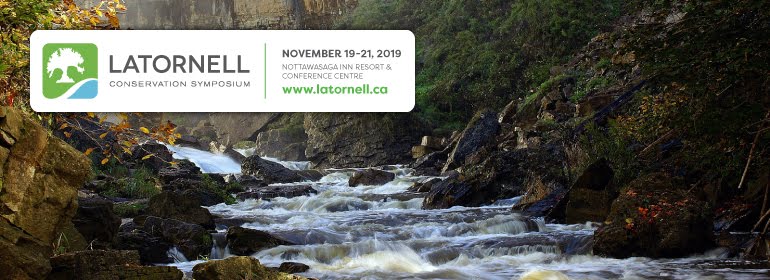Cataraqui Conservation was the first Conservation Authority to offer a Forest Therapy Program and have an accredited Forest Therapy guide on staff who was trained through the Association of Nature and Forest Therapy Guides in 2016. The program has been acclaimed by participants across a wide demographic spectrum, and all Forest Therapy walks fill up fast.
We believe the popularity of these walks is because Forest Therapy is far more immersive than a simple 'walk in the woods.’ The program is an intentional immersion in the natural environment to allow participants the opportunity to slow down and get in touch with their senses. By slowing down and getting out of focusing on their busy minds it allows participants to renew their relationship with themselves, each other and nature. A Forest Therapy walk is a slow, connective experience lasting about two hours and no more than one kilometre with special invitations and sharing circles along the way. Invitations allow participants to connect in whatever way feels right to them. There is no right or wrong way to partake in invitations and sharing; all is welcome. You might find participants sitting, standing or even lying down at different points throughout the walk experience. The benefits of this practice are multifaceted for both one’s physical, emotional, psychological and spiritual well being.
Everyone can benefit from Forest Therapy Walks such as, but not limited to, people recovering from illness, youth, active military, veterans, people coping from loss, students, professionals, parents, people looking to better their mental health, first responders and seniors. Anyone who is looking to de-stress, slow down, heal and connect with nature.
Thus far in 2019 alone, more than 200 area residents and school children have benefitted from both public and private Forest Therapy Walks, which have generated more interest in the benefits of nature and the connection to protect it as well as promoting another significant role of Cataraqui Conservation within the broader community.
To learn more about Cataraqui Conservation’s Forest Therapy program visit www.crca.ca.
This blog post contributed by Katrina Furlanetto, Cataraqui Region Conservation Authority,
General Manager, Cataraqui Region Conservation Authority




